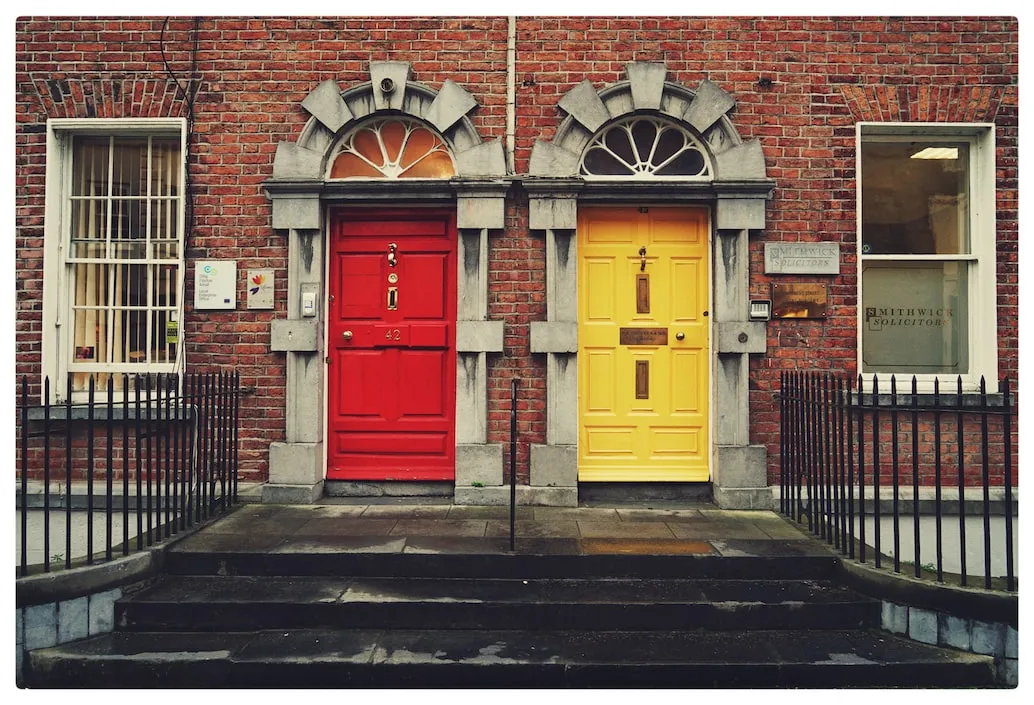
Living in The Netherlands, I've come to admire a certain aspect of their governance system, namely proportional (representational) allocation of seats. Of course, I still think that the Australian way of doing the actual elections is still one of the best (if not the best...) in the world.
Now, as a disclaimer... this is not by any means a partisan polemic... if you see it as such, that says a good deal about your personal politics. I am not a rusted on team fanatic to any political party or leader, I am the ultimate disloyal voter... I lean Left on certain issues, and I lean Right on others... I am relatively uninfluenced by "bribes" (aka, tax cuts and subsidy incentives), I prefer to see hard research (not flowery economic "narrative" fairy tales) over slogans... and even worse, I change my mind when I see that I'm wrong.

Under the Australian system, enrollment and voting is compulsory (although, the Dutch did pretty well with a over 80% turnout in the last election!)... and I do agree with this basic idea as a duty of a citizen. Elections are held on the weekend and open for a generous amount of time and in a large variety of locations (to aid in polling centre access...)... but most importantly, the entire election process, from boundary allocation through to the administration of the voting, is conducted by the Australian Electoral Commission.... a body that is independent of political parties.
Anyway, all of that is something that is worthy of a different post... but before I have people coming in and screaming about Big Government forcing you to vote... well, technically, you are only "forced" to show up at the polling booth and collect your ballot papers. After you do that, you can whatever you want with them... flush them down the toilet, eat them, draw cartoons, number them with the alphabet.... or if you feel inclined, you could also participate in the vital duty of a citizen and cast your vote for someone who thinks represents your ideal of the future of the country (or is promising to throw the most money in your direction... again, a post for a different time...).
Anyway, Australia does employ a preferential voting system (unlike the US and UK which employ first past the post) which means that you can cast your votes for smaller parties and not "waste" it. However, the end result is that the majority of votes will funnel in the end towards the larger two parties... the centre Right Liberal party and the centre Left Labour party.

This is the part where I've starting to get disillusioned with the entire system (and this critique applies to all countries that find themselves in majority government by one of two parties.... US, UK....).... over the past decade or two... the major parties have woken up to the fact that the "game" is best played by attacking and defeating the other major party... instead of advancing a vision of the future. Indeed, the "vision of the future" plan is more dangerous as people in general are going to be scared of change... and that strategy leaves you wide open to attack from the other side.
So, you will have parties essentially positioning themselves as "less bad" than the other major party... which doesn't meant that they are good... after all, the difference between crap and crapper is only a matter of relativity... you still are in the sewer!
You can see this game plan in action all across most of the Anglo democracies... there are two major parties, and they will spend most of their time trashing the other side rather than doing something constructive with their time in power.... You know the interviews where they spend the start of every answer to a question saying, "The other side...." .... and they will also spend their time in power essentially reversing what the other side has done... and vice versa.

So, this is where I think that the Dutch system has a pretty good advantage over the Australian and other two party systems. The representation in the governing Lower House is proportional to the number of votes received in the election (actually, our Upper House in the Westminster system behaves like this as well, but it isn't the chamber that defines the Government)... and thus, the Lower House is actually a wide representation of many parties from animal rights focused ones through to the more traditional ones... in fact, there are parties that can be economically conservative whilst being socially liberal... something that can't exist in a party in it's own right in a two party democracy.
This also means that a wider range of voices is represented... and in a much more nuanced way that the crap and crapper approach. Governments are usually formed via coalitions... which can shift during the term of government, and are definitely likely to shift between elections!
Now, in recent times, the UK and Australia have seen some minority governments being elected... with coalitions being necessary to form the requisite numbers to control the Lower House... however, due to our lack of experience with them, they have often been derided as being "weak" and unable to power through their "mandate"... in fact, this idea of "mandate" is something that also plagues our systems of governance. Did you vote for a party in the last election... did you "mandate" everything on the party platform... highly likely, no. So, the strength of a majority (aka, no need to negotiate) party rule is actually a fallacy... perhaps the negotiated positions of a coalition minority government is a better path forward?
The idea that you need to have a policy pass through and be approved by a wider range of parties and views other than the single party dominated by a single enforcement whip... it seems odd that this could be seen as a "weakness". After all, what are you going to do with your "mandate"... reverse the reforms of the previous government and then complain that everything went to crap because of the other side?


Account banner by jimramones

